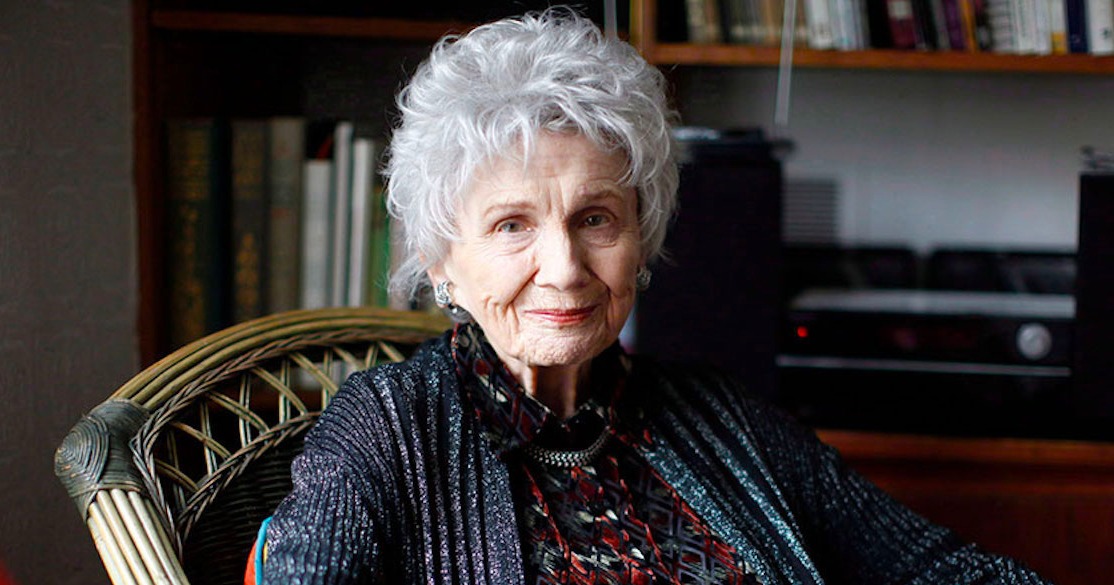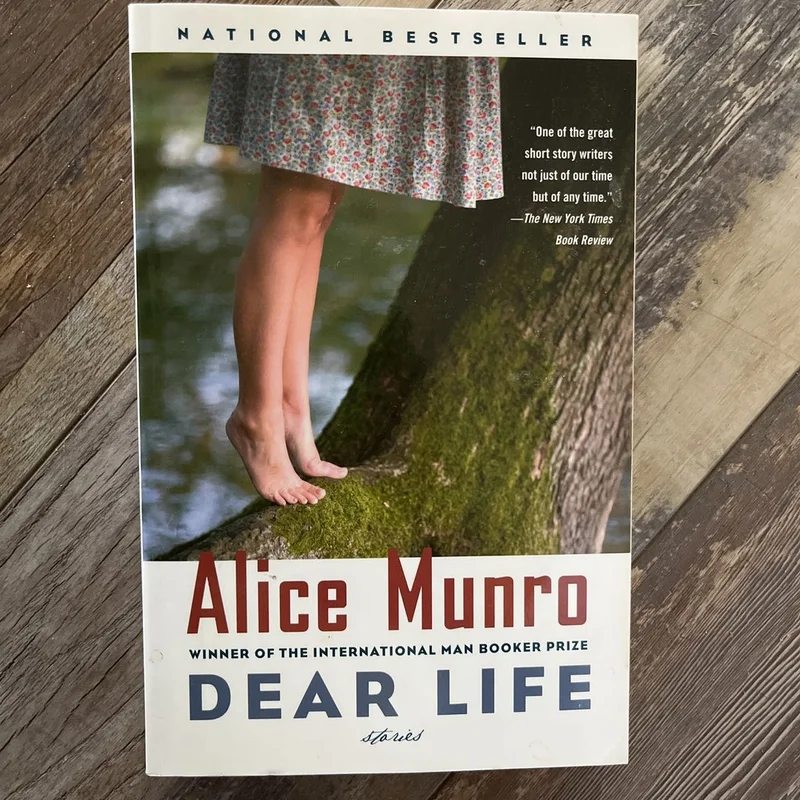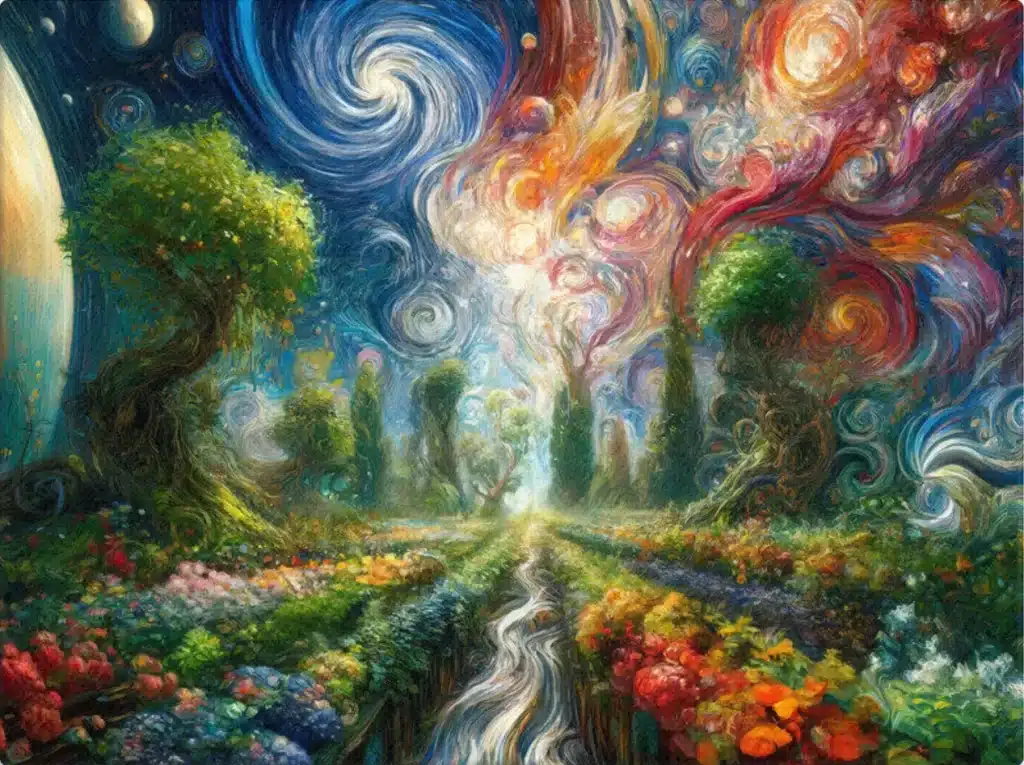Alice Munro on her advice to young writers, what makes a great story, the hardest part about writing, and her preference for short stories.

A brief overview of Alice Munro before delving into her own words:
| Who (Identity) | Alice Munro is a Canadian short story writer, often hailed as one of the greatest contemporary writers of fiction. She is renowned for her masterful and intricate storytelling, primarily within the short story format. |
| What (Contributions) | Munro’s contributions to literature include an extensive body of work that has earned her numerous accolades, including the Nobel Prize in Literature in 2013. Her collections such as “Dance of the Happy Shades,” “The Moons of Jupiter,” and “Dear Life” are celebrated for their profound exploration of human nature and relationships. Munro’s stories are often set in rural and small-town Canada, offering rich, detailed portrayals of everyday life and complex emotional landscapes. |
| When (Period of Influence) | Munro’s influence spans from the late 20th century to the present day. Her first collection was published in 1968, and she continued to publish acclaimed works into the 21st century. Her stories have been widely anthologized and studied, solidifying her status as a significant literary figure over several decades. |
| Where (Geographic Focus) | While Munro’s stories are predominantly set in Canada, particularly in the provinces of Ontario and British Columbia, their themes and insights resonate universally. Her settings often reflect the landscapes and social dynamics of rural and small-town Canada, providing a vivid backdrop for her exploration of human experience. |
| Why (Artistic Philosophy) | Munro’s artistic philosophy centers on the exploration of human complexities and the intricacies of daily life. She delves into themes of memory, identity, love, and loss, capturing the essence of human existence through meticulously crafted narratives. Her stories often reveal the extraordinary within the ordinary, offering deep psychological insights and evoking empathy and reflection. |
| How (Technique and Style) | Munro’s technique and style are distinguished by her precise and economical use of language, complex characters, and layered narratives. She often employs a nonlinear narrative structure, revealing crucial details gradually and creating a sense of discovery for the reader. Her stories are known for their depth and subtlety, with rich, detailed descriptions and an acute sense of place. Munro’s ability to convey complex emotions and situations with apparent simplicity is a hallmark of her work. |
This post is a collection of selected quotes and excerpts from secondary sources used for educational purposes, with citations found at the end of the article.
Advice To Young Writers
It’s not possible to advise a young writer because every young writer is so different. You might say, “Read,” but a writer can read too much and be paralyzed. Or, “Don’t read, don’t think, just write,” and the result could be a mountain of drivel. If you’re going to be a writer you’ll probably take a lot of wrong turns and then one day just end up writing something you have to write, then getting it better and better just because you want it to be better, and even when you get old and think “there must be something else people do” you won’t quite be able to quit. 1
Writing Routine And Habits
I’ve been using a computer for a year—I’m a late convert to every technological offering and still don’t own a microwave oven—but I do one or two drafts long hand before I go to the keyboard. A story might be done in two months, beginning to end, and ready to go, but that’s rare. More likely six to eight months, many changes, some false directions, much fiddling and some despair. I write everyday unless it’s impossible and start writing as soon as I get up and have made coffee and try to get two to three hours in before real life hauls me away. 1
I work slowly; it’s always difficult—it’s nearly always difficult. I’ve been writing steadily, really, since I was twenty years old, and now I’m eighty-one. My routine now is to get up in the morning, have some coffee, start to write. And then a little later on, I might take a break and have something to eat and go on writing. The serious writing is done in the morning. I don’t think I can use a lot of time in the beginning; I maybe can only do about three hours. I do rewrite a lot, and I rewrite and then I think it’s all done, and I send it in. And then I want to rewrite it some more. Sometimes it seems to me that a couple of words are so important that I’ll ask for the book back so that I can put them in.
I started with the idea of writing novels, and I wrote short stories because that was the only way I could get any time. I could take off housekeeping and childrearing for a certain amount of time but never for the amount that you need to write a novel. And after a while I got as if the story form—actually a rather unusual story form, usually quite a long story form—is what I wanted to do. I could say what I wanted to say in that space. And this was hard at first because the short story was a form that people wanted to be a certain length. They wanted it to be a short story, and my stories were quite unusual in the way that they sort of went on and on and told you different things and so on.
I never know—at least, usually I don’t know—that a story is going to be a certain length. But I’m not surprised. I give it all the space it needs.
Anyway, I don’t care if what I write now is a story—is classified as a story—or what. It’s a piece of fiction, that’s what it is. 2
I write every morning, seven days a week. I write starting about eight o’clock and finish up around eleven. Then I do other things the rest of the day, unless I do my final draft or something that I want to keep working on then I’ll work all day with little breaks.
I am so compulsive that I have a quota of pages. If I know that I am going somewhere on a certain day, I will try to get those extra pages done ahead of time. That’s so compulsive, it’s awful. But I don’t get too far behind, it’s as if I could lose it somehow. This is something about aging. People get compulsive about things like this. I’m also compulsive now about how much I walk every day.
Three miles every day, so if I know I’m going to miss a day, I have to make it up. I watched my father go through this same thing. You protect yourself by thinking if you have all these rituals and routines then nothing can get you. 3

Favourite Writers
The writer I adored was Eudora Welty. I still do. I would never try to copy her—she’s too good and too much herself. Her supreme book, I think, is “The Golden Apples. 4
When I was young it was Eudora Welty, Carson McCullers, Katherine Anne Porter, Flannery O’Connor, James Agee. Then Updike, Cheever, Joyce Carol Oates, Peter Taylor, and especially and forever, William Maxwell. Also William Trevor, Edna O’Brien, Richard Ford. These I would say are influences. There are dozens of others I just like to read. My latest discovery is a Dutch writer, Cees Nooteboom. I hate doing lists like this because I’ll be banging my head soon that I left somebody wonderful out. That’s why I speak only of those who have influenced, not of all who have delighted me. 1
As a young writer, I read Flannery O’Connor, William Maxwell, Eudora Welty, and I was also influenced by the stories of the old Russian writers—Turgenev, Chekhov, Tolstoy. These were the stories that made me want to write. 3
Creating Characters
I always have to know my characters in a lot of depth — what clothes they’d choose, what they were like at school, etc. And I know what happened before and what will happen after the part of their lives I’m dealing with. I can’t see them just now, packed into the stress of the moment. So I suppose I want to give as much of them as I can. 5


Sponsored: Canvas wall art paintings of nature and the cosmos.
Hardest Part About Writing
I think probably that part when you go over the story and realize how bad it is. You know, the first part, excitement, the second, pretty good, but then you pick it up one morning and you think “what nonsense”, and that is when you really have to get to work on it. And for me it always seemed the right thing to do, it was my fault if the story was bad, not the story’s fault.
You fix it through hard work. But I try to think of a better way to explain. You have characters that you haven’t given a chance, and you have to think about them or do something quite different with them. In my earlier days I was prone to a lot of flowery prose, and I gradually learned to take a lot of that out. So you just go on thinking about it and finding out more and more what the story was about, which you thought you understood in the beginning, but you actually had a lot more to learn. 6
What Makes A Great Story
A story is not like a road to follow… it’s more like a house. You go inside and stay there for a while, wandering back and forth and settling where you like and discovering how the room and corridors relate to each other, how the world outside is altered by being viewed from these windows. And you, the visitor, the reader, are altered as well by being in this enclosed space, whether it is ample and easy or full of crooked turns, or sparsely or opulently furnished. You can go back again and again, and the house, the story, always contains more than you saw the last time. It also has a sturdy sense of itself of being built out of its own necessity, not just to shelter or beguile you. 7

Preference For Short Stories
I seem to turn out stories that violate the discipline of the short story form and don’t obey the rules of progression for novels. I don’t think about a particular form, I think more about fiction, let’s say a chunk of fiction. What do I want to do? I want to tell a story, in the old-fashioned way—what happens to somebody—but I want that ‘what happens’ to be delivered with quite a bit of interruption, turnarounds, and strangeness. I want the reader to feel something is astonishing—not the ‘what happens’ but the way everything happens. These long short story fictions do that best, for me. 1
I don’t really understand a novel. I don’t understand where the excitement is supposed to come in a novel, and I do in a story. There’s a kind of tension that if I’m getting a story right I can feel right away, and I don’t feel that when I try to write a novel. I kind of want a moment that’s explosive, and I want everything gathered into that. 5
Navigating Creative Blocks And Uncertainty
I could be writing away one day and think I’ve done very well; I’ve done more pages than I usually do. Then I get up the next morning and realize I don’t want to work on it anymore. When I have a terrible reluctance to go near it, when I would have to push myself to continue, I generally know that something is badly wrong. Often, in about three quarters of what I do, I reach a point somewhere, fairly early on, when I think I’m going to abandon this story. I get myself through a day or two of bad depression, grouching around. And I think of something else I can write. It’s sort of like a love affair: you’re getting out of all the disappointment and misery by going out with some new man you don’t really like at all, but you haven’t noticed that yet. Then, I will suddenly come up with something about the story that I abandoned; I will see how to do it. But that only seems to happen after I’ve said “no, this isn’t going to work, forget it”. 3
Starting With Plot
I start with a plot, and I work at it, and then I see that it goes another way and things happen as I’m writing the story, but at least I have to start out with a fairly clear idea of what the story is about. 6
The Role of Memory
Memory is the way we keep telling ourselves our stories—and telling other people a somewhat different version of our stories. We can hardly manage our lives without a powerful ongoing narrative. And underneath all these edited, inspired, self-serving or entertaining stories there is, we suppose, some big bulging awful mysterious entity called THE TRUTH, which our fictional stories are supposed to be poking at and grabbing pieces of.
What could be more interesting as a life’s occupation? One of the ways we do this, I think, is by trying to look at what memory does (different tricks at different stages of our lives) and at the way people’s different memories deal with the same (shared) experience. The more disconcerting the differences are, the more the writer in me feels an odd exhilaration. 1
Desired Impact On Her Audience
Oh, well, I want my stories to move people, I don’t care if they are men or women or children. I want my stories to be something about life that causes people to say, not, oh, isn’t that the truth, but to feel some kind of reward from the writing, and that doesn’t mean that it has to be a happy ending or anything, but just that everything the story tells moves the reader in such a way that you feel you are a different person when you finish. 6
Sunday Museletter (Free)
Ignite your creativity with hand-picked weekly recommendations in music, film, books, and art — sent straight to your inbox every Sunday.
Next up: Elia Kazan on Directing And Artistic Rebirth
References
- A Conversation with Alice Munro, Knopf Doubleday
- An Interview With Alice Munro, By Alice Munro and Lisa Dickler Awano, VQR
- Alice Munro, The Art of Fiction No. 137, The Paris Review, 1994
- On “Dear Life”: An Interview with Alice Munro, By Deborah Treisman, 2012
- Alice Munro: 7 insights on writing from the Nobel Prize winner, The Week
- Nobel Lecture in absentia, by Alice Munro, NobelPrize.org
- Selected Stories, Alice Munro, 1996

 1 painting, album, film, and book recommendation every week.
1 painting, album, film, and book recommendation every week.